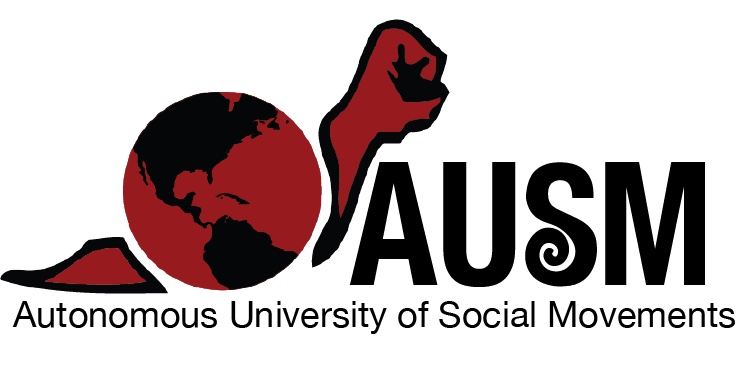Frequently Asked Questions
Why study community organizing?
Most community organizers learn their “trade” on the job, which generally leaves little time for developing coherent political analysis, comprehensive strategies, effective cross-cultural communication, good tactics and much more. Political formation is the single most important key to effective community work, and it doesn’t happen spontaneously. Students learn hard-won lessons from the past and fresh ideas for future work.
What kinds of classes will I be taking?
Classes include:
-Popular education theory and practice
-Political economy, I and II
-Issues in community organizing (identity, leadership, ideology, cross-cultural communication)
-Topical classes, including Housing crisis, Problems in public education, Immigration dynamics and issues, Dilemmas in health care, Democratic crisis in institutional politics, etc.
-Political geography and place
-Thesis seminar
-Practicum
How do I apply?
The application is available here. Classes begin in September and applications are accepted on a rolling basis. For more information, contact ausm [at] mexicosolidarity [dot] org (ausm [at] mexicosolidarity [dot] org)
What’s up with the internet-based classes?
Classes are offered via the internet to allow broad participation by students across the US. Classes are discussion-based and are broadcast live with opportunities for both remote and in-house participation at the Autonomous Center in Chicago.
What is a practicum?
The practicum is an opportunity for students to practice what they are learning. Theory and practice come together in a dynamic praxis developed in projects at community centers around the US or at the Autonomous Center in Chicago. Students may teach in an adult bi-lingual high school using popular education pedagogies, work with a women’s cleaning cooperative, work with a housing committee establishing a groundbreaking Community Housing Trust model, etc. Students may also develop their own projects, as long as they are accepted by members of the community centers.
Is fluency in Spanish necessary?
Fluency in Spanish is helpful, but not necessary. The Autonomous Center in Chicago is based in a largely Latino barrio and all meetings are held in Spanish, but if students don’t speak fluent Spanish, we will teach you via community based shared Spanish-English classes.
How can I get more information?
Contact the Autonomous Center at 773 583 7728 and ausm [at] mexicosolidarity [dot] org (ausm [at] mexicosolidarity [dot] org)
